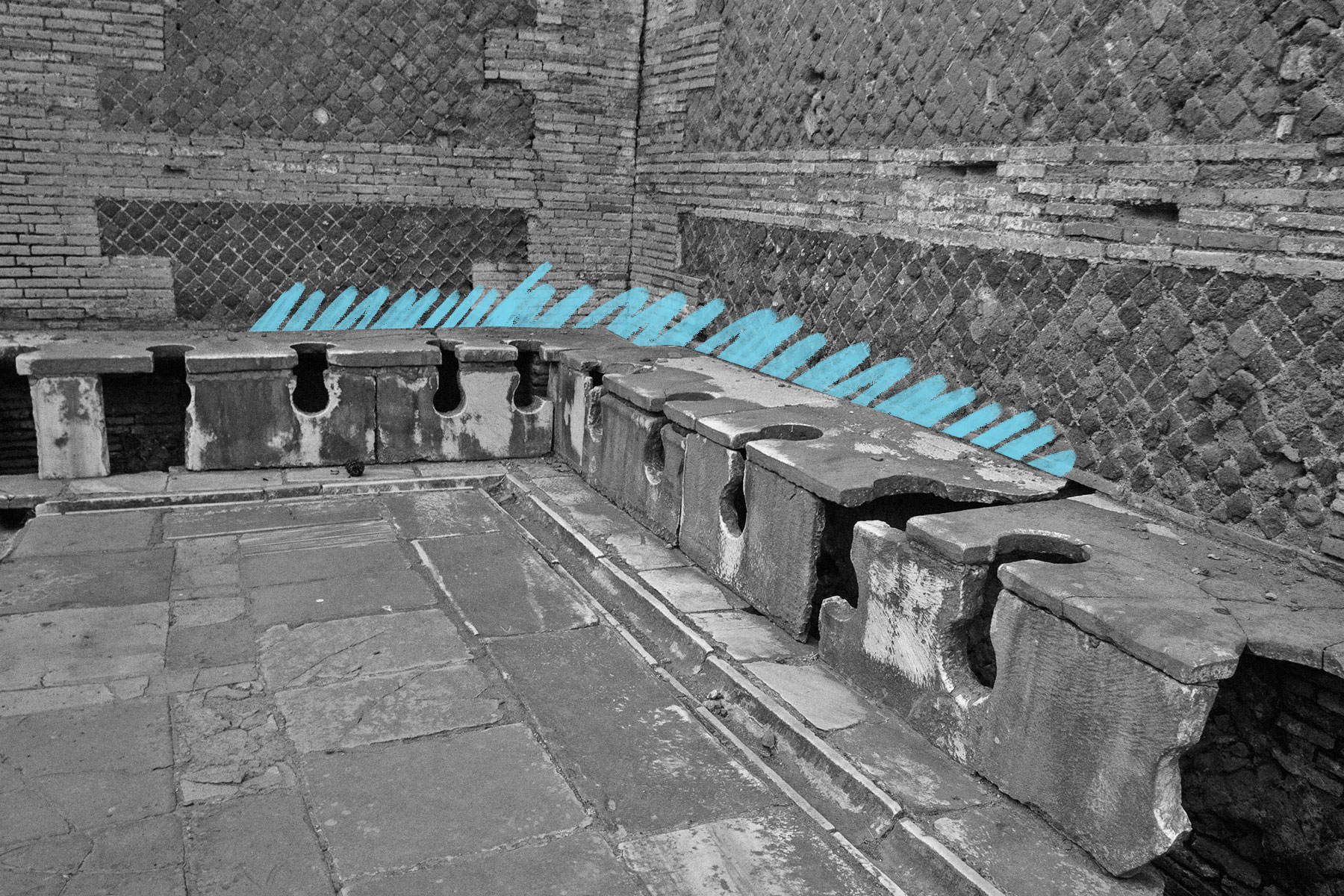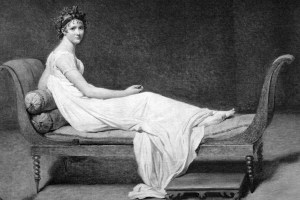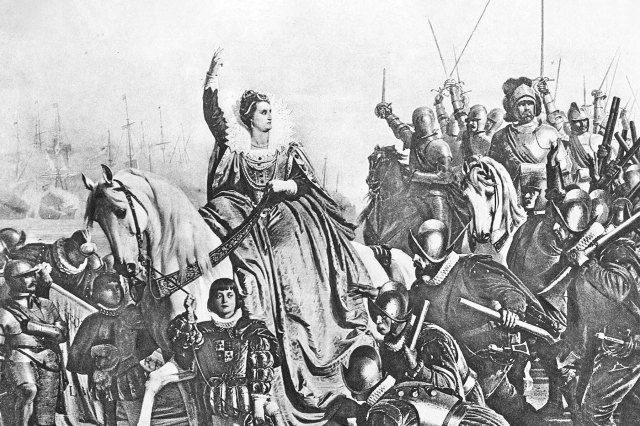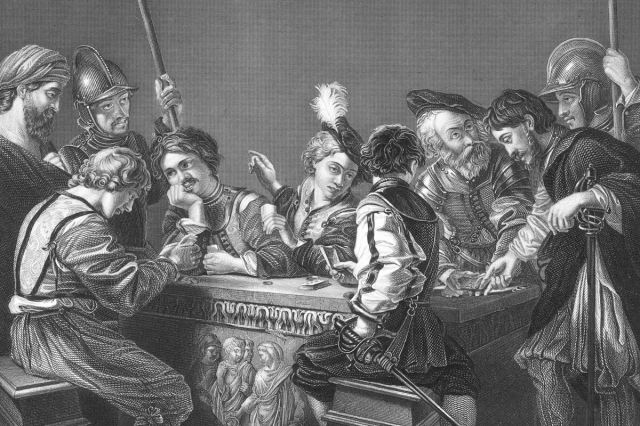The Roman Empire taxed urine.
In ancient Rome, you didn’t have to pay a tax to pee, but for a while, you did have to pay a tax to use urine commercially. The fluid is rich in ammonia, a caustic substance that’s sold in many cleaning solutions and even fertilizers today. Roman launderers used aged urine to clean clothes and dye fabrics, and tanners used it to loosen flesh from animal hides. Some people even used it as toothpaste. It sounds strange, but at the time, collecting human urine was a common practice in order to take advantage of its cleaning properties. Aware of its wide applications, one Roman emperor, Vespasian, even taxed the stuff. Vespasian, who ruled from 69 to 79 CE and was known for implementing and increasing taxes, decided to impose vectigal urinae (literally: urine tax) on urine that was taken from public restrooms.
Many ancient Romans thought this income stream was, understandably, pretty gross, including Vespasian’s own son Titus. According to the Roman historian Suetonius, Titus once chastised his dad for profiting off excessive taxes such as urine, and in response, Vespasian placed a coin over his son’s nose and asked if it stunk. Titus replied that it didn’t, and Vespasian responded, “Yet it comes from urine.” In fact, Vespasian’s urine tax is the origin of the Latin phrase pecunia non olet, or “money doesn’t stink” — meaning that dirty money is still money.















